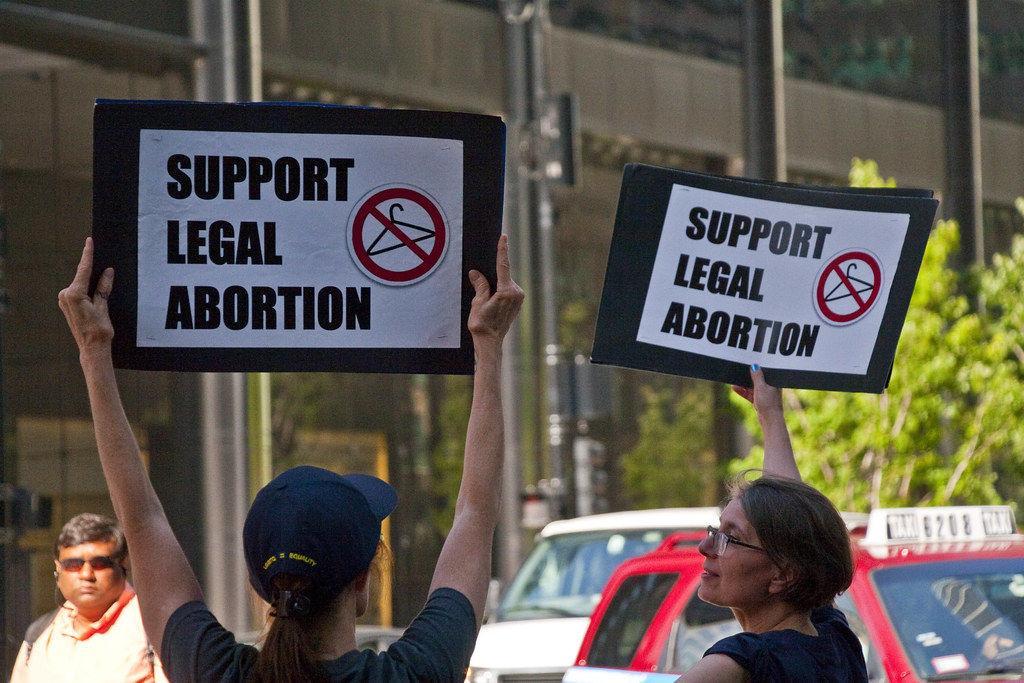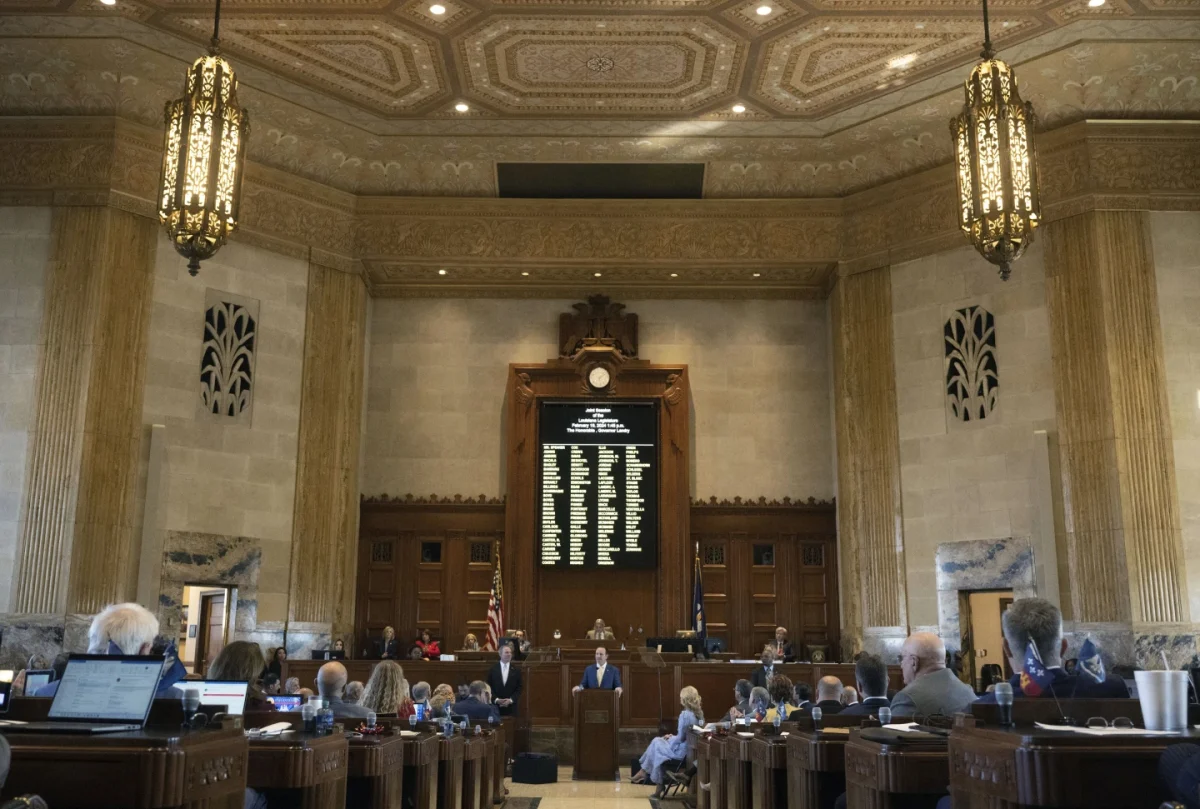To begin, I’m a cisgender male who will never have the full responsibility of abortion on my shoulders, but I do have the full responsibility to fight and use my voice when necessary. Now, more than ever, it is time to fight. Reproductive healthcare is being threatened and undermined around America today, and silence and inaction will be our greatest enemy. When I read arguments from my friend, Brett Landry, in his opinion piece “Unborn children are the voiceless victims of oppression, should be protected,” it raised concern. However, there is a silver lining, which presents itself as an opportunity for cooperation.
Let’s be clear: no one is pro-abortion. The terms “pro-life” and “pro-choice” are ultimately unhelpful in this notoriously difficult discussion when in reality, we could be on the same team. Our common cause could be to ensure that abortions are indeed safe, legal and rare. Now, I understand this standard may be unacceptable for many who believe as Landry does, and I get it. It’s a deeply held belief that goes back generations. But much like in a court of law, it is not about what you believe, it is what you can prove. It has been proven in study after study, that reducing access to abortion does not decrease abortion rates. It only increases the likelihood of unsafe procedures. If the objective is to push vulnerable women and people with reproductive organs from difficult circumstances into extremely difficult circumstances, then this is the route to take. But if you want to be effective, it seems course correction is in order.
Adequate, appropriate and robust sex education integrated into school curriculums could prove prudent. Let’s take California and Texas for example. In 1990, the teen birth rate for the two states were around 70 per 1,000 teens. Over time, California shifted toward evidence-based sex education, while Texas opted for abstinence-only education. By 2014, the teen birth rate in Texas was nearly 40 per 1,000 teens, while California’s was 21.1 per 1,000. Properly educating young people about the responsibility of reproduction, can ensure we reach our shared target: limiting unintended pregnancies, and therefore, abortions.
We also have to recognize the repercussions of criminalizing abortion and the effect it would have on poor people and particularly poor people of color, the two groups most likely in need of extensive reproductive care. Early studies show that women who died as a result of shadow abortions were typically black. We know black women will be forced back into these precarious situations, while privileged women of wealth will always have access to safer abortions. This is an economic and justice issue, and we have to get it right because lives are on the line.
I know I probably won’t change your mind on abortion being a sin akin to slavery or the holocaust, but I hope to change your approach to it. We all must be more tactful, and in doing so, we can find alignment. We know restricting access is futile and, in many cases, illegal. Instead of decrying and shaming women for it, let’s work to uplift them with words, action and policy.
In the end, these are two men arguing over the bodily autonomy of half the country. Women are the ones who have to deal with the full weight of this decision, hopefully in consultation with their family, faith leaders and doctor. But no one, I repeat no one, who is a serious participant in this debate is gleeful about the gut-wrenching choice presented to women and those who love them.
Ensconced by Roe v. Wade and bolstered by the ideas of liberty and privacy enunciated in the 14th Amendment, abortion is the law of the land. Let’s work together to ensure it’s utilized as seldom as possible.
Frederick Bell is a former Reveille opinion columnist and 21-year-old political economy senior at Tulane University.
Letter to the editor: Let’s work together to ensure abortion is utilized as seldom as possible
October 24, 2019
abortion pro choice
More to Discover









